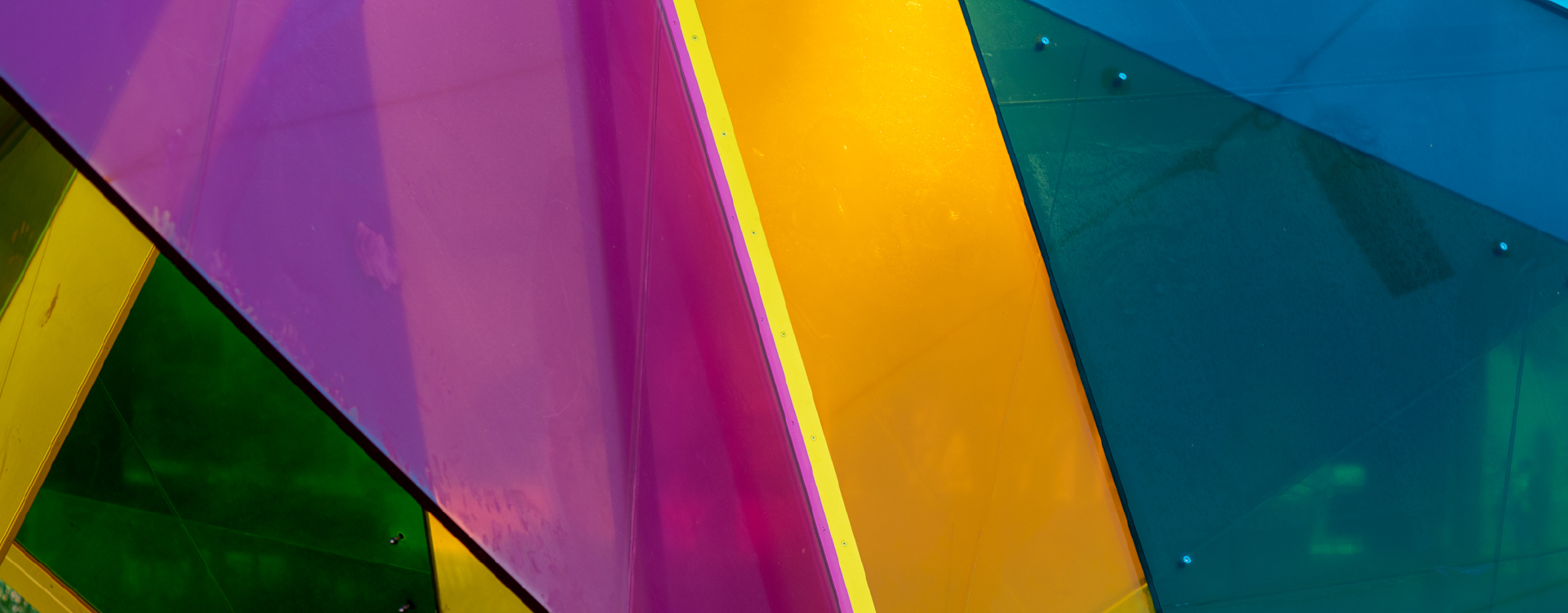
Interrogating Global Contemporary Art
Research, Pedagogy, Museums
The University of Houston Art History Program invites you to join us for a series of free online conversations Interrogating Global Contemporary Art: Research, Pedagogy, Museums aimed at illuminating the idea of global contemporary art. Individual presentations by preeminent scholars and curators will highlight diverse approaches to shaping the notion of global contemporary art through research, pedagogy, exhibition-making and public outreach. The series culminates in a “Global Roundtable” that reconvenes all speakers in dynamic group conversation. We ask: What is global contemporary art and how is it remaking approaches to artistic practice, scholarship and curation? In a moment of cultural reckoning that has rendered past efforts at diversifying and expanding the canon insufficient, how can the idea of global contemporary art help us to critically and ethically engage in the reconstruction of a historically exclusive discipline? As academic programs and museums adopt its rhetoric—along with its weaknesses and blindspots—is global contemporary art here to stay? Presented in a lively and engaging format, the series will examine the stakes of the global contemporary paradigm as scholars, educators and curators urgently push to reinvent the discipline and its institutions.
David Joselit: October 8, 2:30 p.m. CST
Professor of Art, Film and Visual Studies at Harvard University
Mari Carmen Ramírez: October 13, 3:00 p.m. CST
Wortham Curator of Latin American Art at the Museum of Fine Arts, Houston
Leah Dickerman: October 15, 2:30 p.m. CST
Director of Editorial and Content Strategy at The Museum of Modern Art
Atreyee Gupta: October 28, 2:30 p.m. CST
Assistant Professor of Global Modern Art and South and Southeast Asian Art at the University of California, Berkeley
Global Roundtable: November 9, 2:00 p.m. CST
*REGISTER on Eventbrite. The conversations will take place on Zoom and will be simultaneously live-streamed to the University of Houston School of Art's YouTube channel.
Zoom meeting registration is limited. You can register for the events until midnight (12:00 am CST/CDT) of the day the event takes place using Eventbrite link above. You will receive connection instructions on the day of each event for which you are registered.*
Organized by Art History faculty members Natilee Harren, Sandra Zalman, and Postdoctoral Fellow Dorota Biczel with support from the University of Houston Division of Research and with promotional support from Blaffer Art Museum.
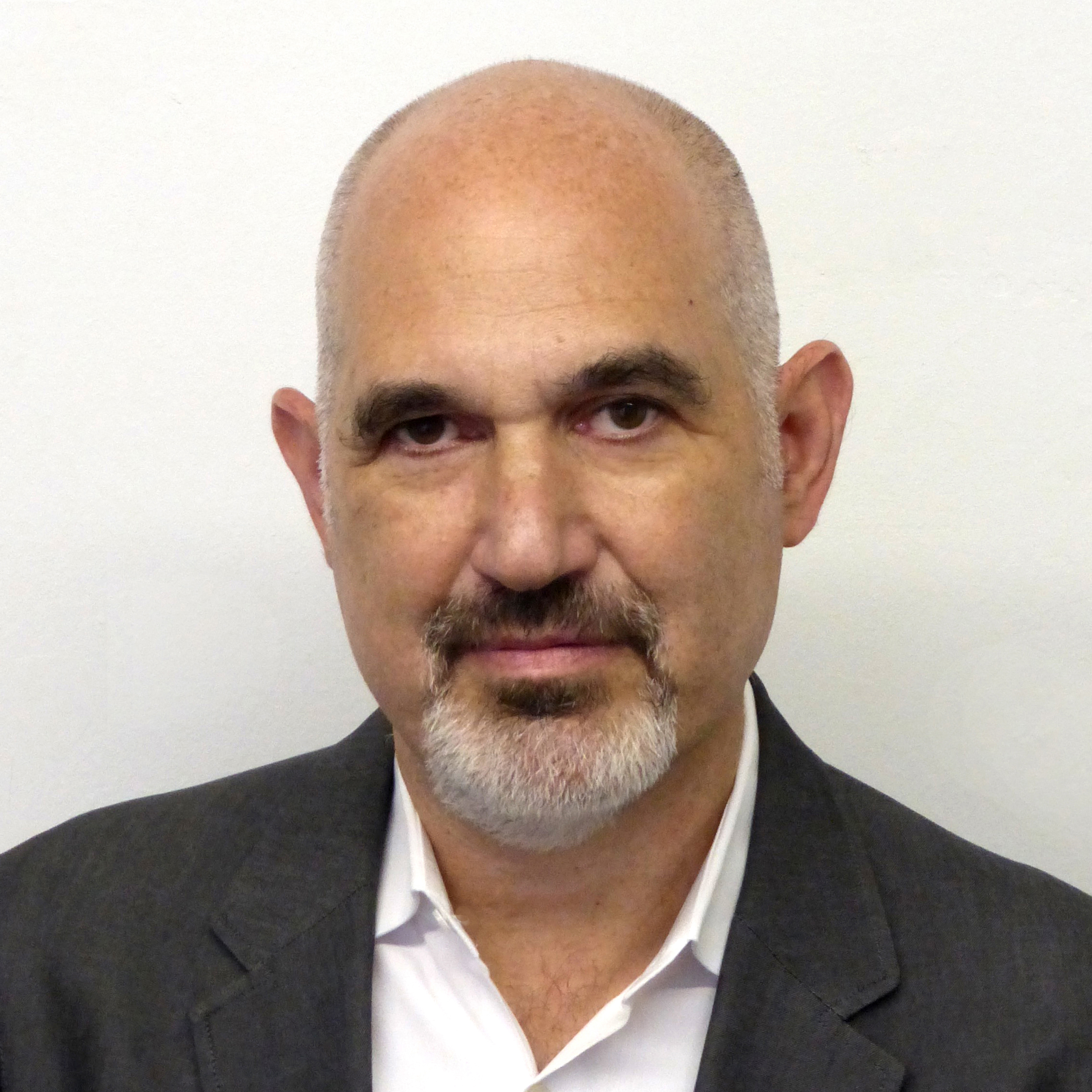
David Joselit
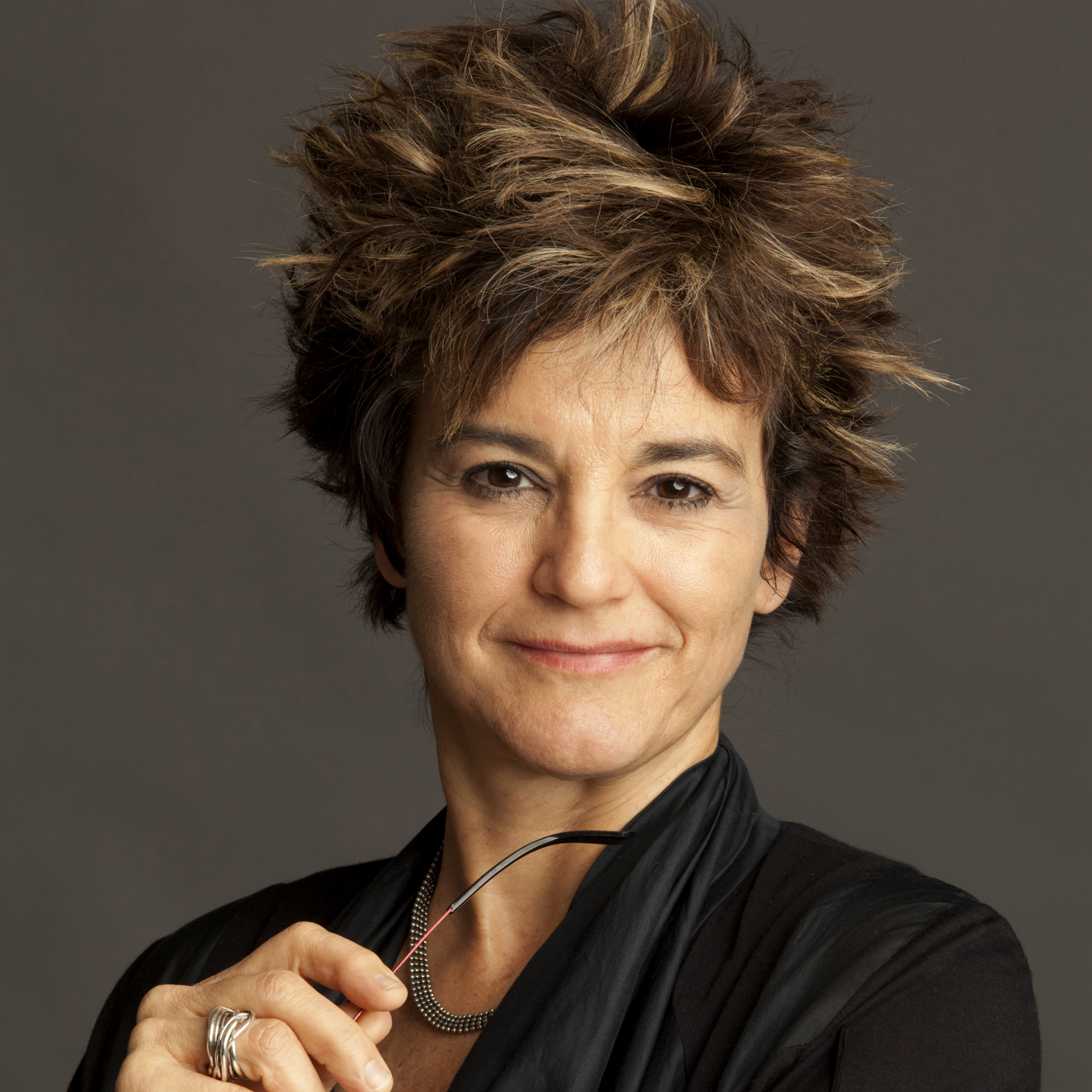
Mari Carmen Ramírez
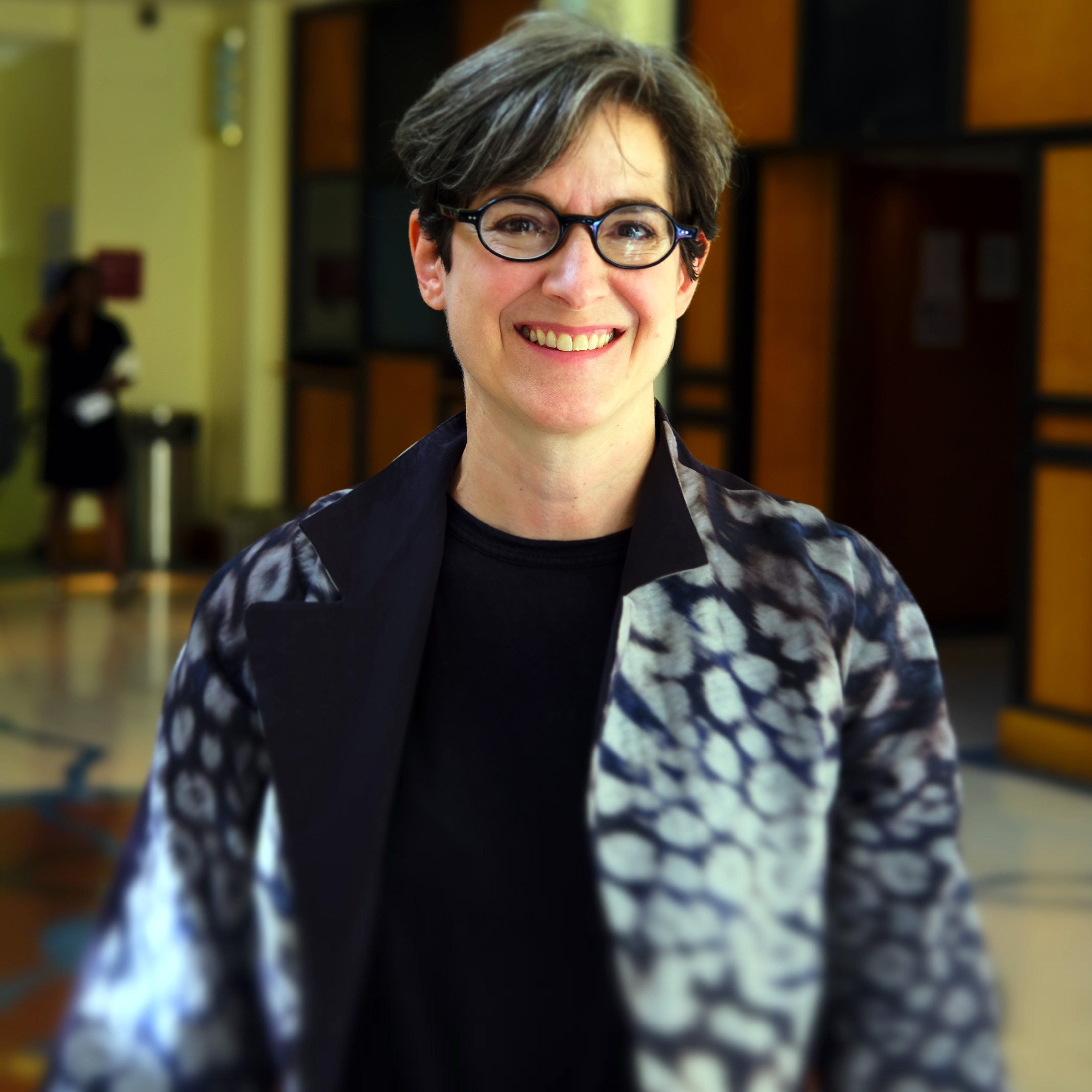
Leah Dickerman
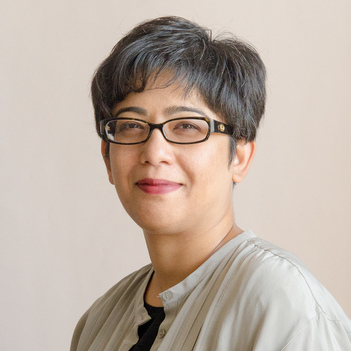
Atreyee Gupta